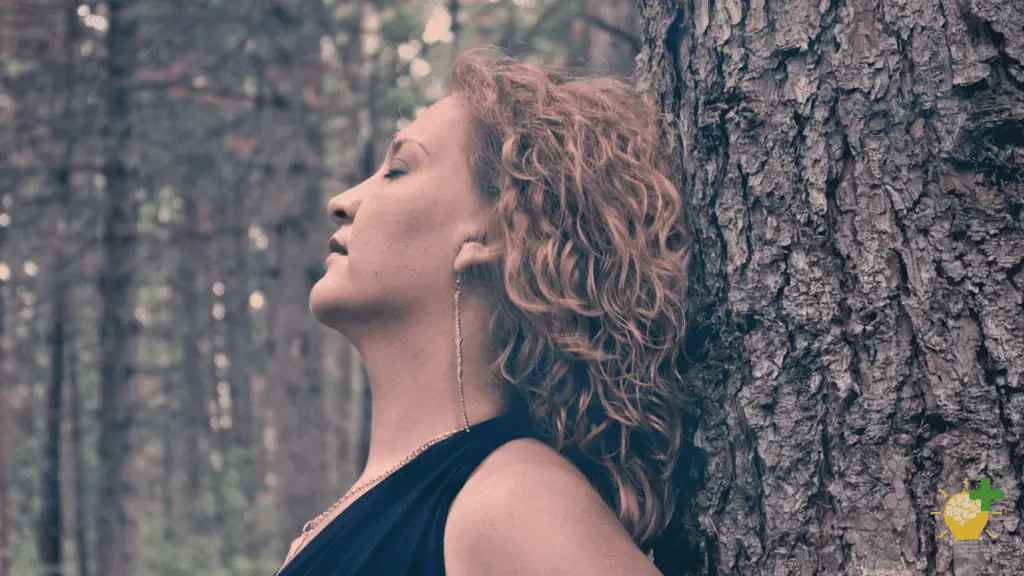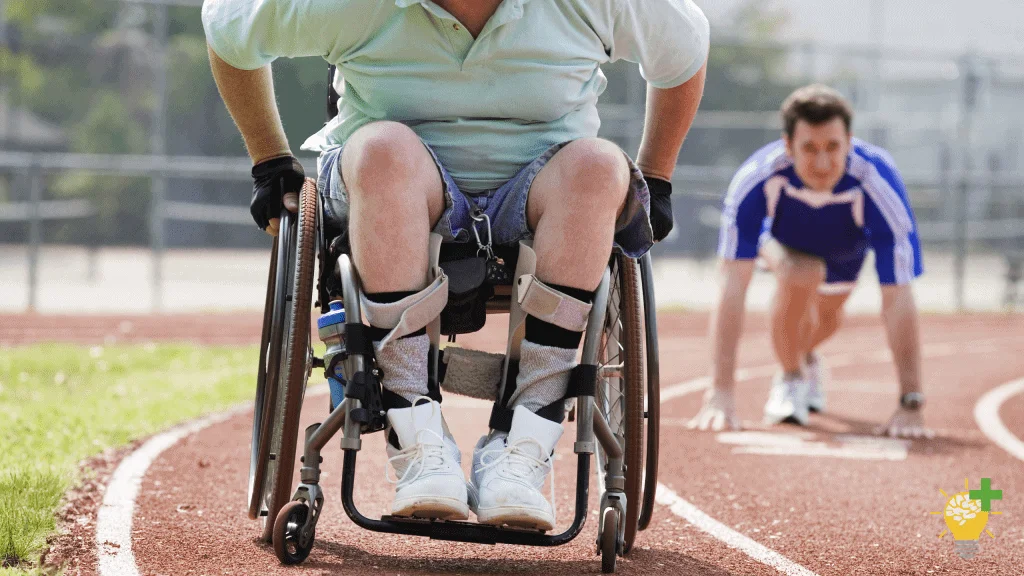It takes a lot of courage to walk away from a toxic relationship, and you should be proud of yourself if you’ve taken that bold step. However, there’s more to healing and rebuilding your life than merely breaking up with a toxic partner.
I’ll share important tips on how to heal from a toxic relationship in a bit. But first, let’s quickly talk about what toxic relationships look like.
Recognizing a Toxic Relationship
Conflicts are not necessarily a sign of toxicity in relationships. In fact, scholars suggest that disagreement between couples in healthy, committed relationships provides opportunities for refining collaboration, improving communication, and promoting well-being.
However, there’s a good chance you’re dealing with a toxic partner when conflicts become a constant feature in your relationship and disagreements quickly turn into personal attacks.
Here are a few specific red flags you’re in a toxic relationship:
- You experience emotional manipulation
- Your partner exhibits controlling behaviors
- Your partner constantly disrespects you
- Most of your conversations are fueled by contempt or filled with criticism and sarcasm
- Your partner invalidates your feelings or undermines you
- You nurse grudges or feel resentment toward your partner
- You don’t feel safe sharing what’s bothering you with your partner, or you mostly walk on eggshells around your partner
- You feel isolated from your support network
- You go along with whatever your partner wants, ignoring your own needs
- You hardly have time for self-care
Healing Goes Beyond Ending a Toxic Relationship

No doubt, healing is nearly impossible when you’re actively being hurt, so breaking things off might be your best option, especially if your partner isn’t willing to improve the relationship.
Here’s the thing, though.
Ending an unhealthy relationship comes with a ton of anxiety, stress, and difficult emotions that take time to process.
You will need plenty of support from family, friends, or professionals to heal. Besides, the recovery path and the time it takes to heal differ for everyone.
The most important thing is recognizing your unique needs and finding healthy ways to bounce back from the physical, emotional, and mental stress caused by your toxic past.
You might wonder about starting a new relationship. Would getting into a new relationship with a supportive partner help you heal faster?
Understandably, you may want to start dating again after ending a toxic relationship to prove to yourself that you’ve moved on. But it might be a huge mistake to do so without first addressing why the previous relationship was unhealthy.
And while the decision to start a new relationship is entirely personal, jumping into a new one won’t make your dark past disappear. If anything, you will likely carry some of the toxicity into the new relationship.
Why’s that?
Being with a toxic partner means you’ve developed certain habits that helped you cope with your ex’s unhealthy behaviors.
And as you probably already know, habits are difficult to break, so you may react in ways that create unnecessary friction in your new relationship.
Here’s what I strongly recommend.
Start your healing journey alone and learn to be a better partner before considering another relationship. This way, you reduce the likelihood of transferring defensive communication behaviors like stonewalling, deflection, denial, and escalation to the new relationship.
How to Heal From a Toxic Relationship

With all that out of the way, here are important steps for healing and moving on after ending an abusive relationship.
Give Yourself Permission to Grieve
Bottling up your emotions is never a healthy way to process them. Acknowledge how you feel and allow yourself to grieve, feel sad, cry, get angry, or whatever you feel.
You might want to put up a brave face and act like you’ve got it all together, but that approach won’t help if you’re hurting inside.
Don’t let anyone pressure you into moving on.
Do not deny or avoid your feelings. Instead, sit down with those uncomfortable feelings and take time to feel them.
Before moving forward, make sure you process and put behind the anger, frustration, hate, self-blame, and other difficult emotions you feel. This is an essential tip on how to heal from a toxic relationship.
Remember, there is no one-size-fits-all when it comes to the time it takes to heal emotionally. However, do not close yourself off from positive feelings just because you are grieving.
In other words, avoid beating yourself up for getting over the hurt sooner than expected, and don’t feel bad for wanting to move on with your life and away from unhealthy behavior rather quickly.
Focus on the Present
You can’t erase your past, no matter how hard you try, so stop living in the past or dwelling on all the things you could have done or said differently.
The only place you can actively create any positive change is in the present moment. Once you’ve processed your feelings, leave mistakes and regrets in the past where they belong, and turn your attention to the present.
I recommend grounding yourself in the present using mindfulness practices. This way, you are more in tune with your current reality and can receive insight and clarity on how to move forward.
Reinvent Yourself
Coming out of a toxic relationship will make you feel broken. But you have already paid for your mistakes, so there’s no point living the rest of your life with that burden.
Rather than merely existing, a good way to heal, thrive, and live your full potential after ending a bad relationship is to rediscover or reinvent yourself.
Of course, this means you need to spend time in self-reflection and self-examination. Ask yourself questions like:
- What are my values and goals?
- What kind of person do I want to be moving forward?
- What supportive habits must I cultivate to be the person I want to be?
Another way to rediscover yourself when healing from a toxic relationship is to explore new interests and activities.
It is not uncommon for vulnerable partners to lose themselves in relationships when dealing with someone who constantly puts them down and belittles their dreams.
Now that you’ve regained your freedom to think clearly, actively look for things you truly want to do ― things that will help define your identity and build your self-esteem ― and take steps to do them. This will help your healing process.
And if you have a hard time coming up with new interests, think back to the things you really enjoyed doing in the past.
Ask yourself:
- What do I enjoy doing?
- What hobbies and interests did I give up because my partner was unsupportive?
- What were my dreams, and how can I rekindle them?
Connect With Your Support System
Building a support system is another crucial tip on how to heal from a toxic relationship. In many cases, an abusive person will cut off their partner from those who can help them become self-reliant.
If you’ve experienced this form of abuse, you likely feel vulnerable, isolated, and dependent on the abusive person for support.
This is one of the reasons many people find it quite terrifying to end an abusive relationship. And it is for this exact reason you should reconnect with your support network to help shift power back to you.
Spend time with supportive people, especially close family, trusted friends, and dependable counselors. Do not keep to yourself during this phase of your life where you are trying to heal from an unhealthy relationship, even if you consider yourself an introvert.
Go out, meet people, and join online or offline support groups if necessary. Just make sure you’re not isolating yourself and drowning in self-pity.
Reconnecting with close family and friends can help your healing process, especially if you’ve been cut off from getting help or advice from your support system because of your ex’s controlling behavior.
Stay Away From Your Ex
Cut off all communication and avoid an abusive ex as much as possible. Staying in touch with a manipulative person gives them a chance to lure you back into an unhealthy relationship.
You will speed up the healing process if you don’t have any contact with an abusive ex.
I understand that completely avoiding an ex may not be possible if you are in a co-parenting situation. However, you must make sure that all communications are strictly through “official” channels.
This way, you will avoid any manipulative tactics to guilt-trip or confuse you about your decision.
Final Thoughts
No doubt, learning how to heal from a toxic relationship is an important step toward moving on and living the life you truly deserve.
However, healing takes time and patience.
You’re not likely to go from depressed and frustrated to happy and fulfilled just by walking away from an abusive relationship.
Give yourself time to process your emotions, seek help from family and friends, and rediscover yourself. It might take a while, but you will come out of this stronger and more resilient.




